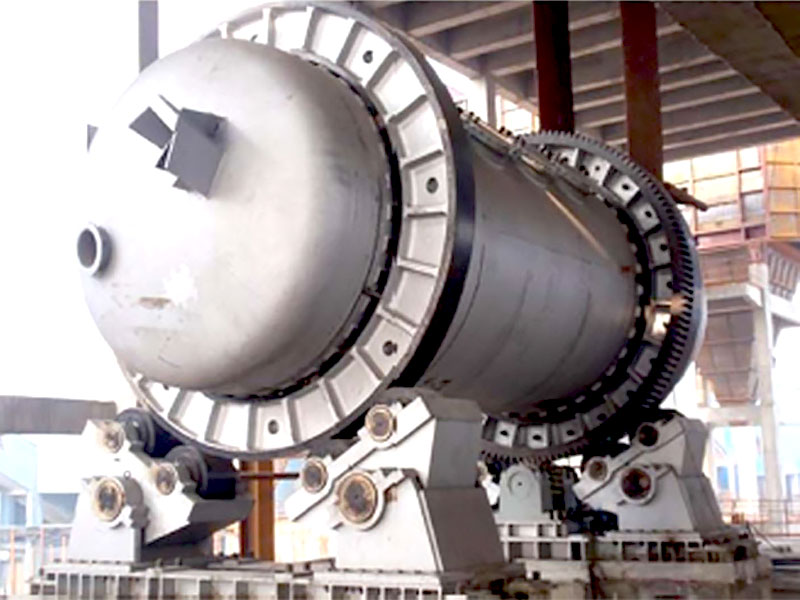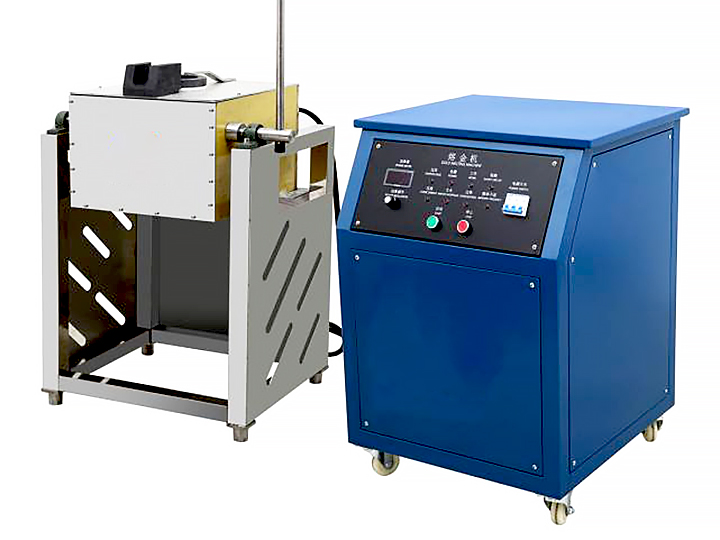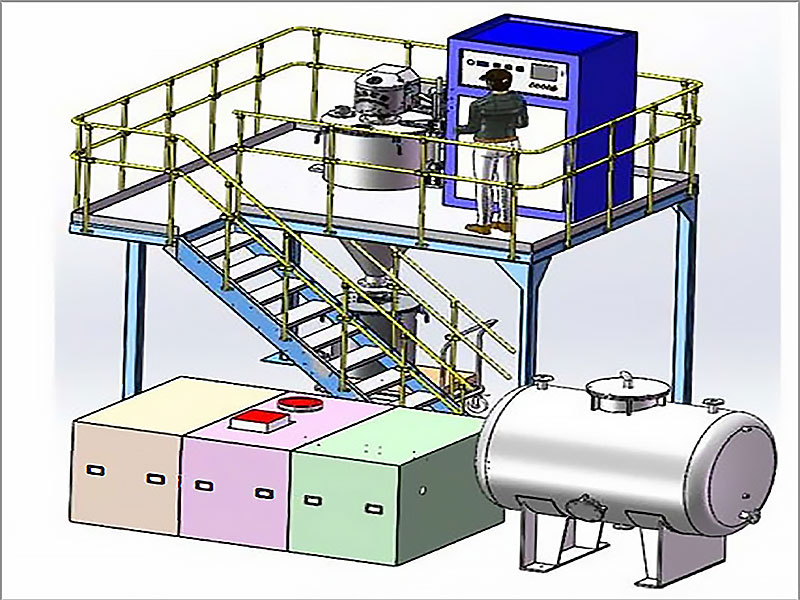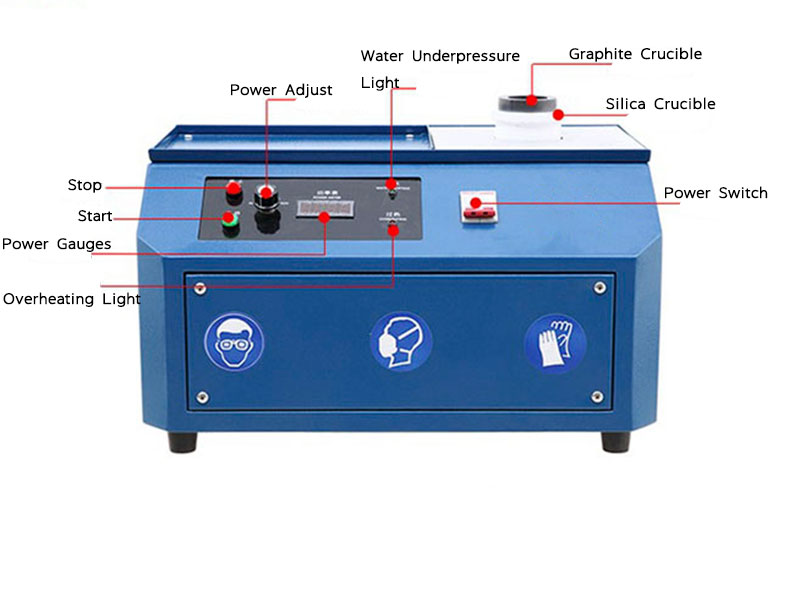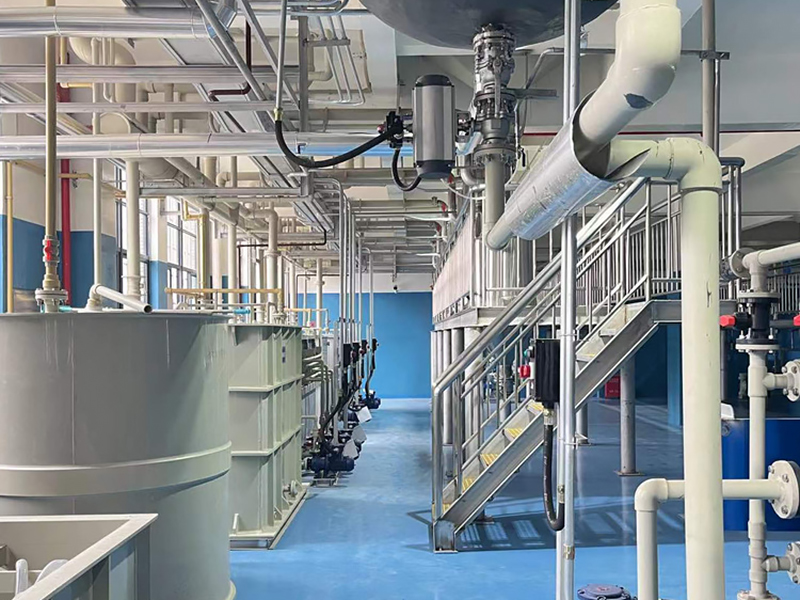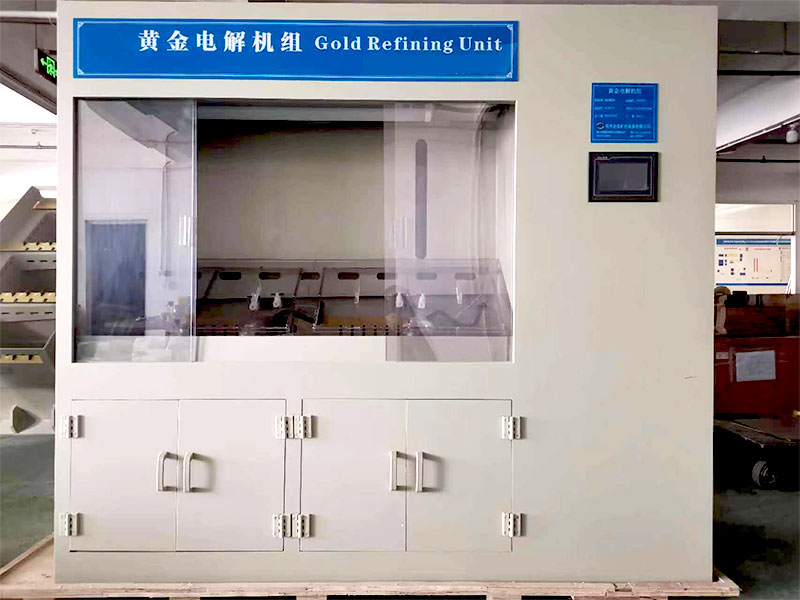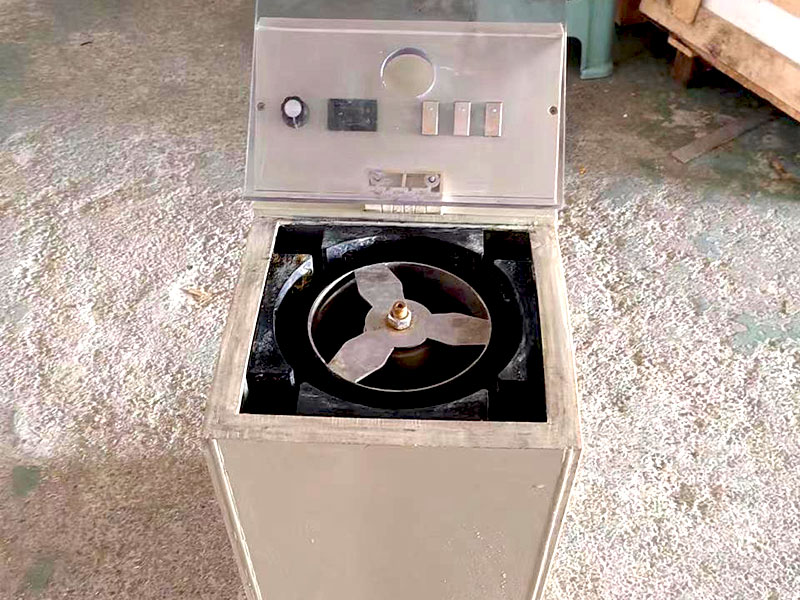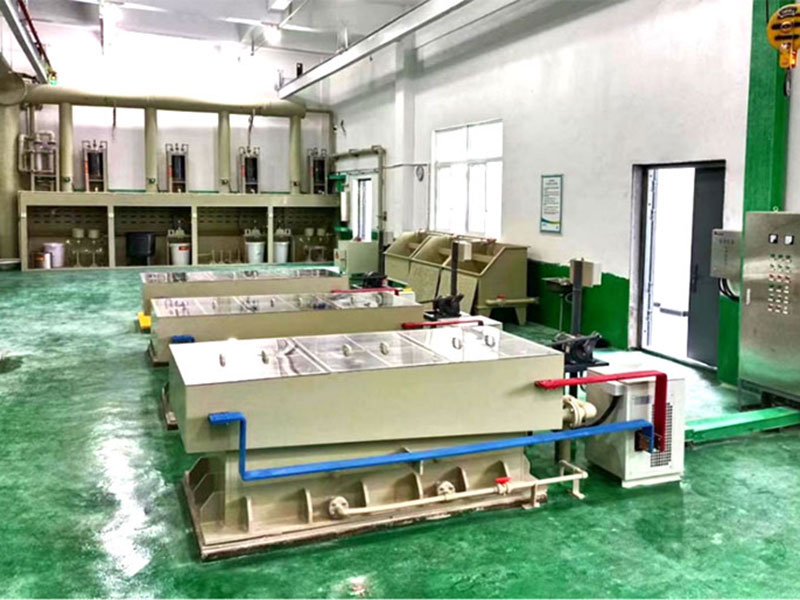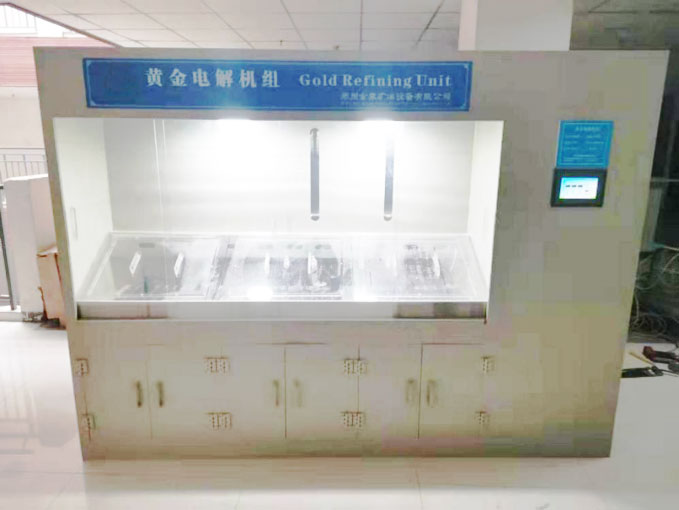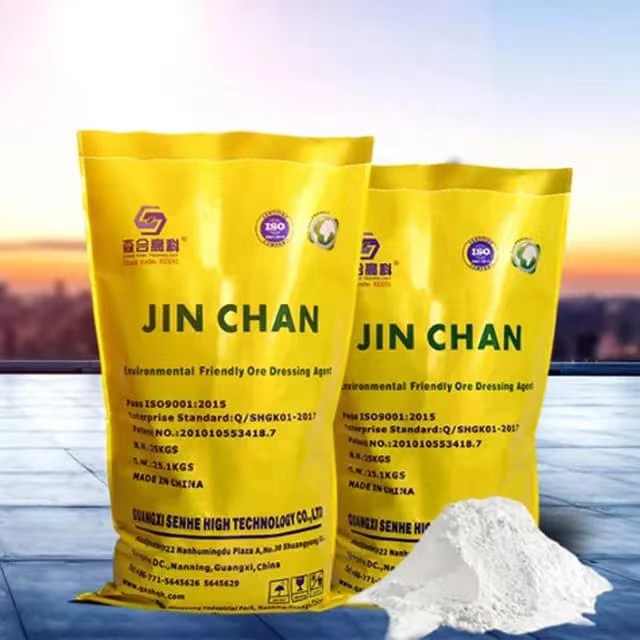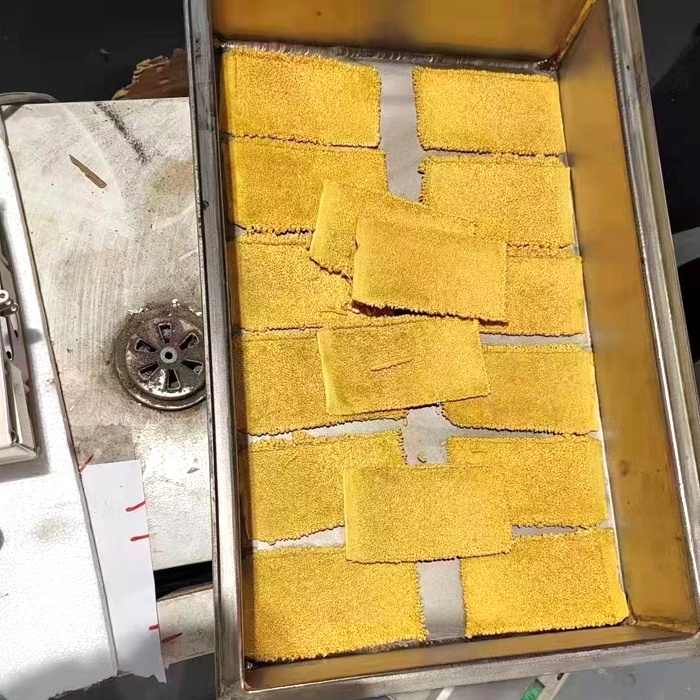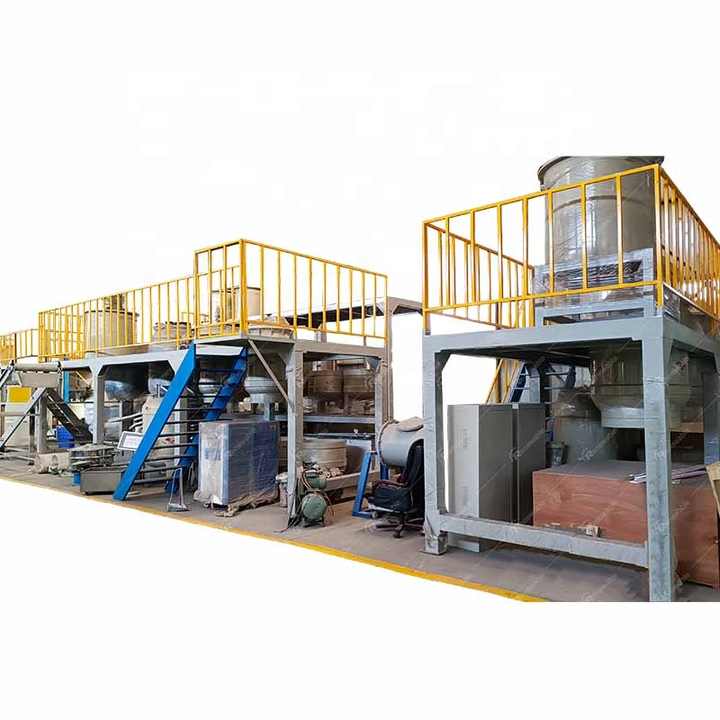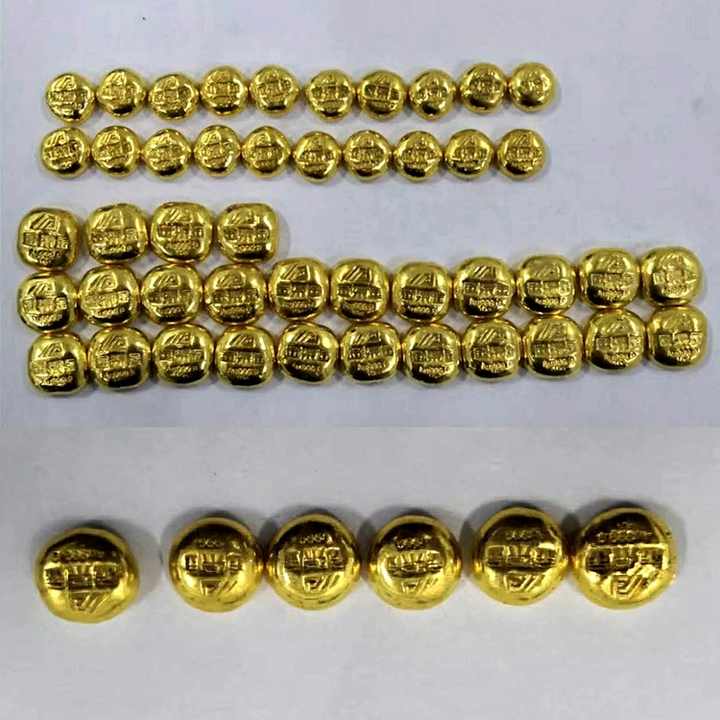Cost Of Refining Gold
Cost of Refining Gold: Breaking Down the Expenses
Gold refining is a meticulous process that transforms raw gold ore into a purer form suitable for various applications. From jewelry to electronics, refined gold plays a crucial role in many industries. However, the cost of refining gold can vary significantly depending on several factors. In this article, FRT Machinery explores these costs and provides insights into what goes into refining this precious metal.

The Initial Extraction Cost
The first step in the process of refining gold involves extracting it from the earth. This extraction cost includes labor, machinery, and operational expenses such as energy consumption and maintenance. Mines must be dug, and large quantities of ore must be processed to extract the gold contained within. The cost of these operations can be substantial, especially when considering the environmental impact and safety measures required.
Processing and Purification Costs
Once extracted, the ore undergoes a series of processes to separate the gold from other minerals and impurities. This stage includes crushing the ore, using chemical treatments like cyanidation or smelting to isolate the gold, and further purification steps. Each of these processes requires specialized equipment and expertise, contributing to the overall cost of refining gold. FRT Machinery offers advanced solutions designed to optimize these processes, ensuring efficiency while keeping costs manageable.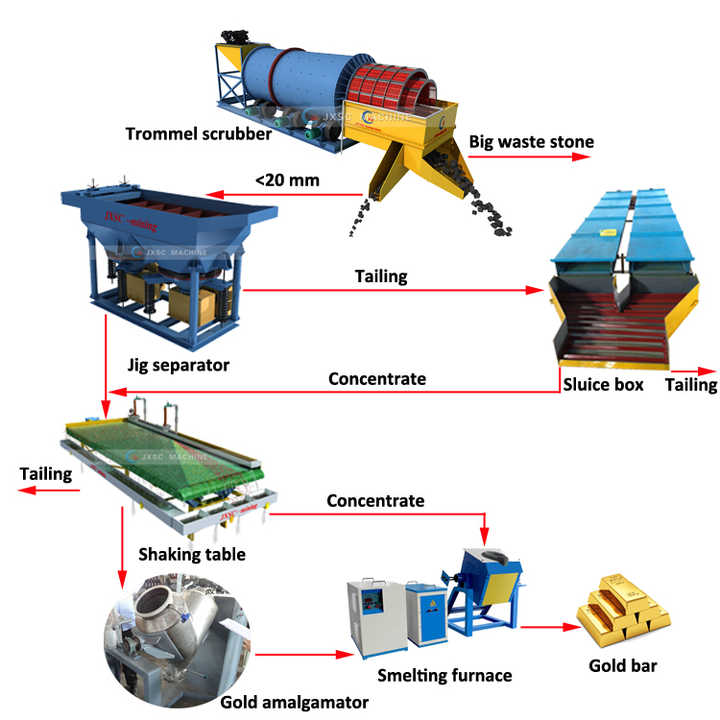
Environmental Compliance Costs
Gold refining often involves the use of chemicals and produces waste that must be handled responsibly. Environmental regulations mandate that refineries manage these aspects carefully, which adds another layer of expense to the refining process. Costs associated with treating wastewater, managing hazardous materials, and adhering to strict guidelines can be significant but are necessary for sustainable operations.

Energy Consumption Costs
The energy required to power the machinery used in gold refining is another major expense. Processes such as smelting require high temperatures, consuming large amounts of energy. Innovations in technology by companies like FRT Machinery have helped reduce energy consumption, but it remains a critical factor in determining the overall cost of refining gold.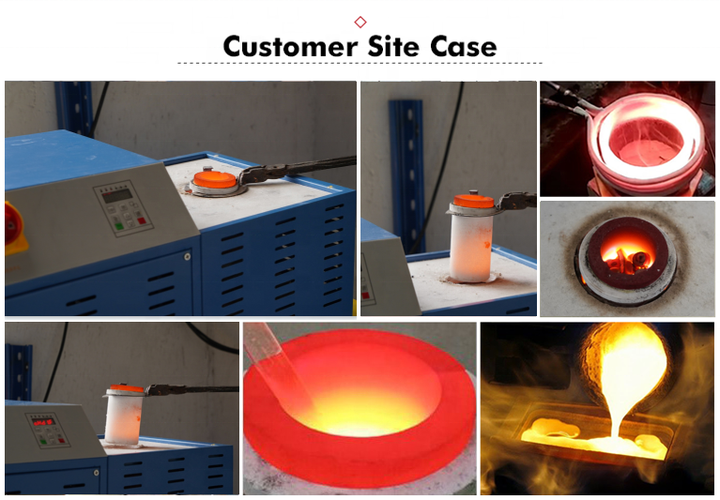
Transportation and Storage Costs
After refining, gold must be securely transported and stored until it reaches its final destination. Security measures are essential due to the value of gold, adding to transportation costs. Additionally, proper storage facilities must be maintained to ensure the safety and integrity of the product, which also contributes to the total cost.
Labor and Expertise Costs
Experienced personnel are required at every stage of the refining process, from extraction to final product. Training and maintaining a skilled workforce can be costly, yet it is vital for efficient and safe operations. The expertise needed to operate sophisticated machinery and handle complex processes adds to the overall cost structure of refining gold.
Understanding the various components that contribute to the cost of refining gold is crucial for stakeholders in the industry. By recognizing these expenses, businesses can better plan their operations and investments, ensuring profitability while maintaining high standards of quality and sustainability. FRT Machinery continues to innovate, providing technologies and solutions aimed at reducing these costs without compromising on performance or safety.

